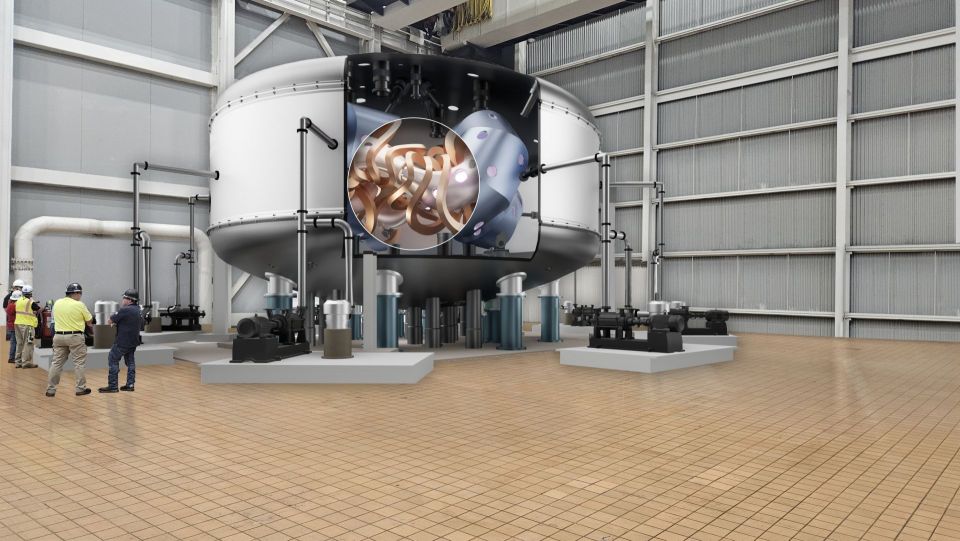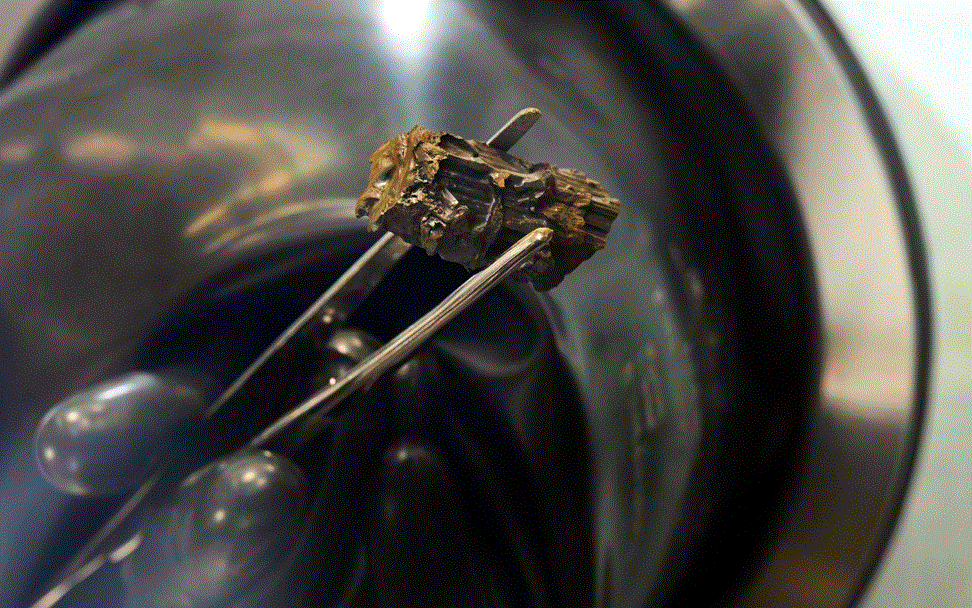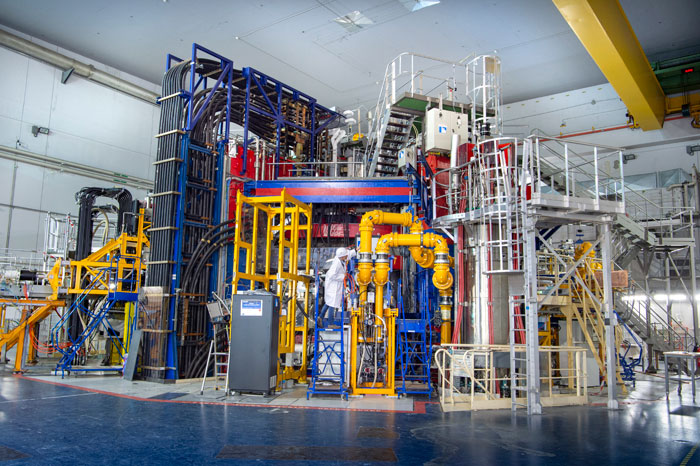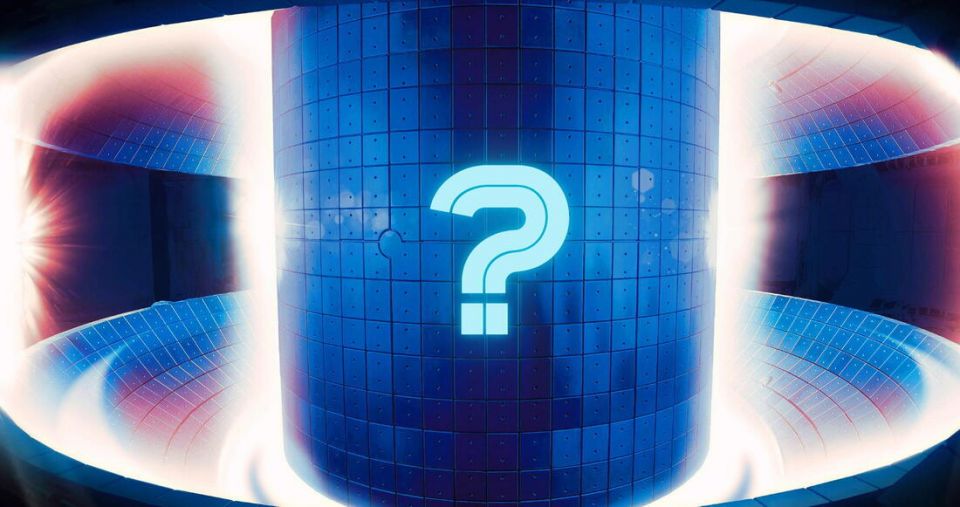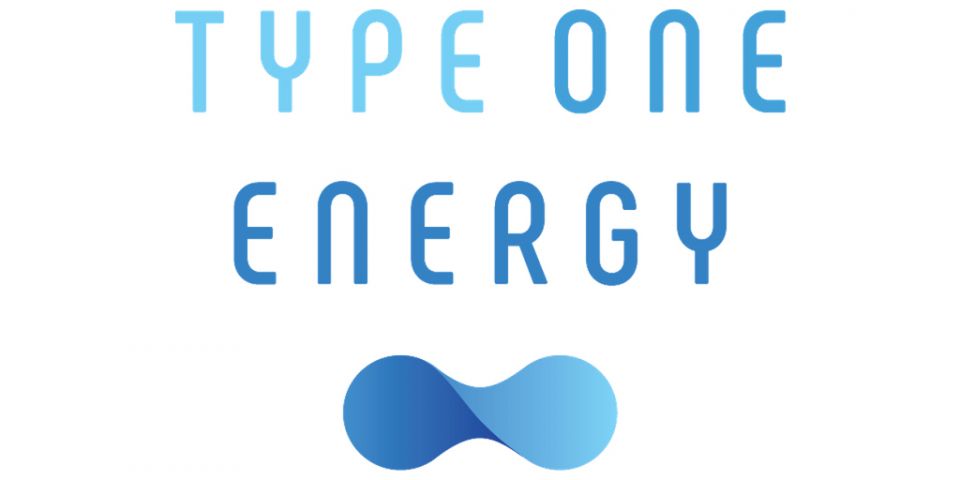“Data centers need electricity all day, every day, not just when the sun's shining or the wind's blowing,” Paul Wilson, chair of the University of Wisconsin–Madison’s nuclear engineering department, told the Cap Times this week. “There [are] lots of ways to take advantage of those resources more in the state. I think we could do with more solar, more wind in Wisconsin. But if you want to be running a 24/7 operation with clean energy, nuclear (power) is really your best choice.”
The pronuclear Senate Joint Resolution 7, introduced in February, says the state legislature “supports nuclear power and fusion energy as clean energy sources that are critical to safely meeting Wisconsin’s growing energy demands.” The resolution passed in the state Senate and is under review in the House.
Lawmaker support: Wisconsin Gov. Tony Evers, a Democrat, included in his budget proposal a $1 million earmark to perform a study citing possible locations for a new nuclear plant in the state and called for expanding an existing research credit to include nuclear, WisBusiness reported last month.
Meanwhile, GOP state Rep. David Steffen and fellow Republicans introduced bills in February to support the siting study and create a “Wisconsin Nuclear Power Summit” to bring together people from the industry and academia, along with investors and public policy officials.
A closer look: Nuclear supporters in Wisconsin say the state could become the “Silicon Valley” for nuclear, the Milwaukee Journal-Sentinel recently reported. Lawmakers hope to partner with researchers studying nuclear fusion—which generates power but in a different process than the fission reaction at current nuclear plants—in universities and startup companies in Wisconsin.
Steffen told the Journal-Sentinel that he’s aware of the stigma nuclear power holds with some Wisconsinites, though recent surveys show rising levels of support for nuclear across the country, and Wisconsin-specific data showed 54 percent of residents have a “positive attitude” toward nuclear.
“The next-generation nuclear is not your father’s nuclear. The plants that are going to be coming online in the next decade are ones that are safer, cleaner, produce less waste,” Steffen said in the article.
Background: Overall, Wisconsin uses about six times more electricity than it generates, according to the U.S. Energy Information Administration.
Wisconsin’s sole operating nuclear plant, NextEra’s Point Beach facility, is located on the shores of Lake Michigan north of Manitowoc. NextEra filed with the U.S. Nuclear Regulatory Commission in 2020 for a 20-year subsequent license renewal that would allow the units to operate past 2030 for Unit 1 and 2033 for Unit 2. The application is still pending.
The 1,200-MWe twin pressurized reactors supply about 15 percent of the state’s electricity.
This story is the seventh in an ongoing series spotlighting various state legislative efforts to expand nuclear. Find out what other states are doing to support nuclear, including Iowa, Indiana, Illinois, Texas, Colorado, and Delaware.



.svg.png)
